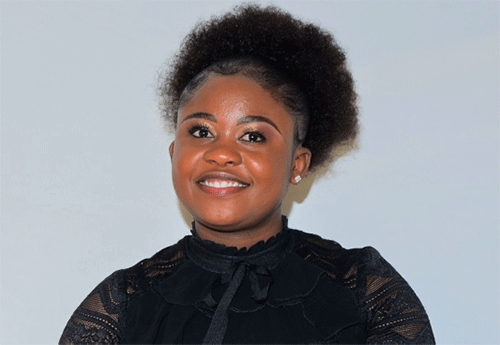Emilia Shatipamba
Evidence from research that was carried out early this year on the implementation of inclusive education practices in grades 8 and 9 classes in the Kalahari circuit of the //Kharas region indicated that inclusive education in Namibia is still far from achieving its goal of providing all children with quality education, regardless of their diverse needs.
Even though teachers are willing to ensure that all learners grasp the content and become successful with the knowledge provided to them, it is not possible because of the challenges that teachers are facing in their classrooms on a daily basis.
These challenges are observed as some of the factors that are hindering the provision and progress of quality education among government schools, especially in grades 8 and 9.
These challenges are the main factors leading to poor the performances of learners with special needs in the junior secondary phase, making it impossible for learners with special needs to progress to the senior secondary phase, resulting in a small number of learners with special needs making it to higher institutions of learning.
On teaching strategies, the study found weaknesses caused by a lack of knowledge of teachers in teaching learners with special needs, and limited time due to teaching load congestion.
Teachers are faced with challenges such as a lack of resources, large classes, and a lack of parental support as significant barriers. Based on the research, it is evident that government schools are faced with a huge lack of assistive technology tools and other supportive resources for learners with special needs.
This situation reveals how teachers find it difficult to effectively implement inclusive education.
As an educator, I’m certain that no teacher goes to the classroom with the aim of failing a learner.
Therefore, I believe that all learners are able if they are provided with all the necessary assistive tools and resources to achieve their full potential.
The study concluded that teachers are experiencing a multitude of challenges, hence it is affecting the entire teaching and learning process, resulting in learners with special needs being negatively affected in their academic performance.
Recommendations were made that all teacher training institutions must make inclusive education a core study area, that the ministry of education must organise continuous training of teachers in the field of inclusive education, and create a budget for inclusive education while schools must create partnership committees with parents.
In order to ensure the successful implementation of quality education for all learners, the school committees must enhance key stakeholders’ participation.


